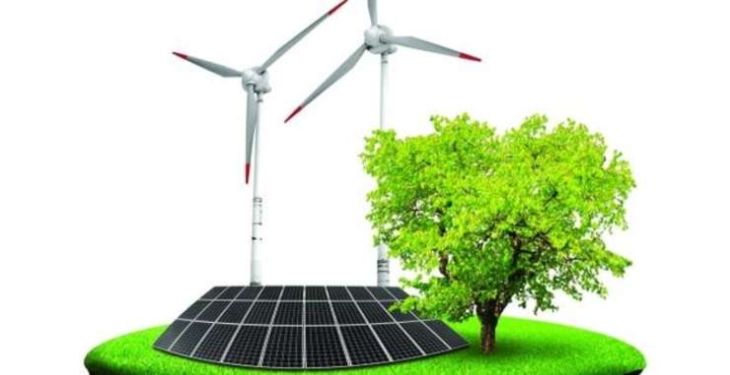A new meeting of the Climate and Energy Dialogue Platform calls on national policy makers to adopt ambitious targets and detailed measures on renewable energy and energy communities in the revised version of the Integrated National Energy and Climate Change Plan (PNIESC).
Municipalities from the Association of Energy Cities in Romania (OER), agencies and non-governmental organizations met in Brașov with members of the Ministry of Energy and the Ministry of Environment, Water and Forests to discuss the status of the PNIESC revision, a document that Romania must submit to the Commission European until June 30, 2024. The starting point of the meeting was the need for Romania to set ambitious targets in the field of renewable energy for the 2030 time horizon.
The participants in the meeting addressed the following requests to the representatives of the ministries:
- Ensuring the inclusive participation of the public in the process of updating the PNIESC, by offering concrete opportunities for participation, in a transparent and fair framework, with access to all the documents, reports and analyzes that form the basis of the update of the plan. The participants complained about the absence of consultations for the PNIESC version submitted by Romania in 2023;
- Including specific objectives and targets for renewable energy communities (for example, number of energy communities to be established, or installed capacities of energy communities);
- The inclusion in the PNIESC, in a detailed manner, of the provisions to boost the formation and operation of energy communities.
Regarding the public consultation in the PNIESC revision process, the director of OER, Leea Mihăilă, affirmed the organization’s willingness to facilitate dialogue between ministries and local authorities. “The National Energy and Climate Plans represent the national strategies for achieving the objectives of the European Union, and their content is clearly defined by the Regulation on the Governance of the Energy Union and Climate Actions. Beyond the content requirements, the Regulation specifies how, and most importantly, with whom these plans must be formulated and reviewed. The involvement of local authorities, civil society organizations, the private sector and relevant key actors is essential. The development of these plans should bring about significant changes in the way national policies are formulated and implemented. However, the evaluation of the European Commission indicates that the involvement of interested parties has been insufficiently achieved by the majority of Member States. That’s why we want to stimulate this dialogue, so that the different levels of governance can cooperate for our future”, explains Leea Mihăilă.
Regarding the inclusion of specific objectives and targets for energy communities, Andrei Crăciun, campaign coordinator at Greenpeace, mentions that “Romania can learn from good examples in Europe. Lithuania set for 2030 that 0.473% of total energy production would come specifically from renewable energy communities, and Spain included a 19GW individual and self-consumption target, as well as a specific measure with well-defined targets for energy communities. It is necessary for Romania to make such commitments. As soon as possible!”
The work of the Climate and Energy Dialogue Platform was complemented by the first meeting of the NRGCOM project, dedicated to cost efficiency in energy communities and potential low-cost infrastructure investments. On this occasion, the municipalities shared their own experiences on increasing the energy efficiency of buildings, installing renewable energy production facilities on the roofs of public buildings, running education and awareness programs, but also access to financing.
Dan Pîrșan, the president of the Association of Prosumers and Energy Communities, discussed the problems of the current regulatory framework that prevents the sharing of energy at the level of a community, but also about the technical solutions that are required. “The introduction of a virtual net metering system, as well as other technical aspects, are essential for the energy communities because through them we ensure the correct distribution of benefits, the optimal use of resources, the stability of the network and the efficient management of energy. These elements contribute to the success of energy communities in the transition to a clean energy future”, said Dan Pîrsan.
At the same time, Camelia Sava, project manager at the Energy Cooperative, explains that “the development of energy communities in Romania is also limited due to the lack of funding. EU governments are leveraging public funds to support energy communities, and this is helping to spread the community movement across Europe and accelerate the acceptance of renewable energy sources. Easy access to European and national funds, with simplified procedures, is essential to unlock this potential and accelerate the country’s energy transition.”
